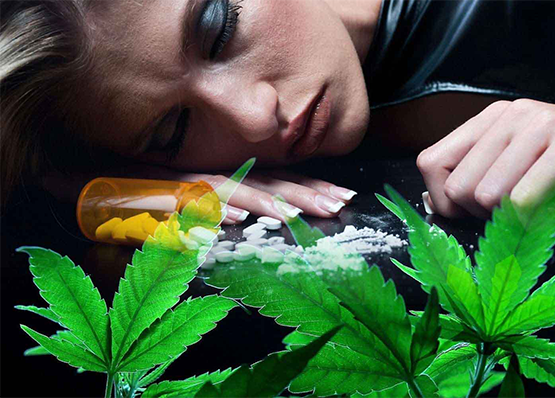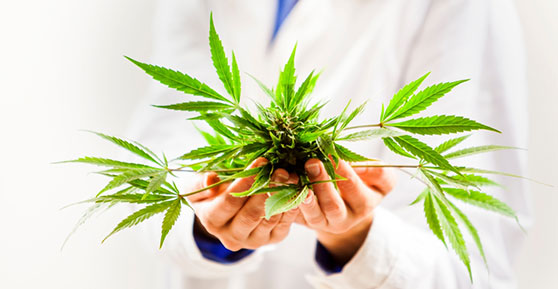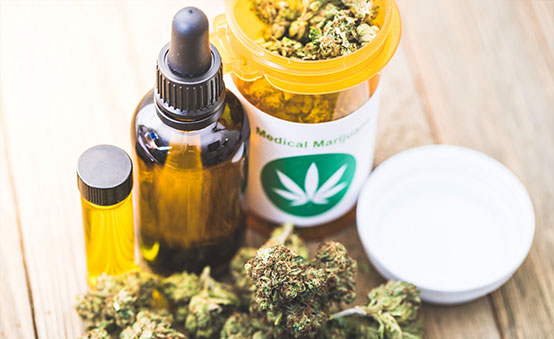Does Marijuana Cause Schizophrenia
Table of Contents
Marijuana is America’s third most popular addictive substance. Only nicotine and alcohol are consumed at a higher rate. Like nicotine and alcohol use, marijuana use may also lead to serious problems beyond the risk of addiction. Current evidence shows that for certain people, one of these risks may be higher chances of developing schizophrenia.
On its own, marijuana addiction is a reason for seeking help from a treatment program. The same is true for schizophrenia. In people affected by a combination of addiction and schizophrenia, there is an even greater need for professional help. Without seeking expert care, the odds of recovering from these combined problems are slim at best.













